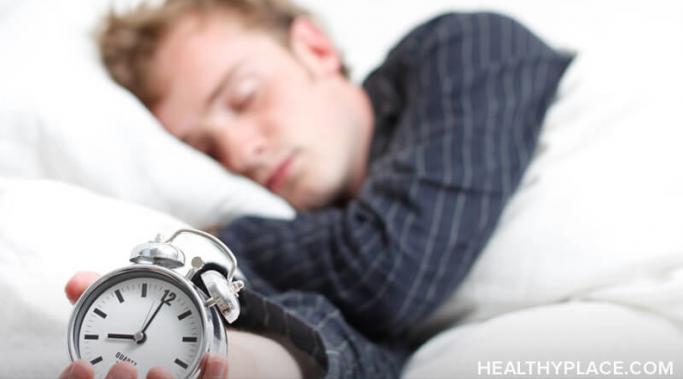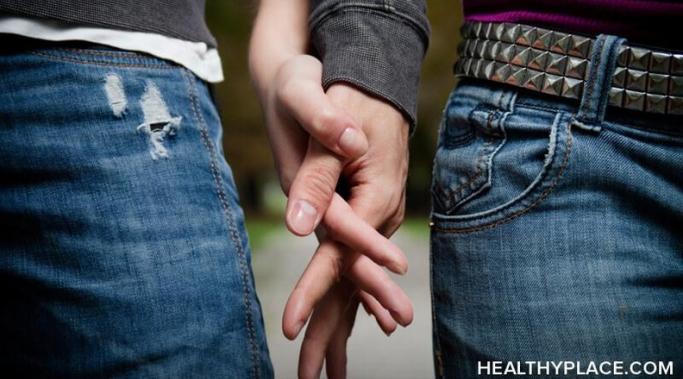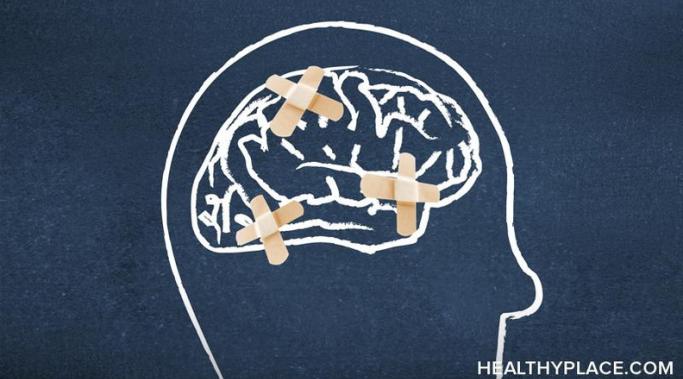I have been through more bipolar treatments than I care to recall; probably everything you’ve heard of plus a bunch of bipolar treatments you haven’t. And yes, obviously, I have failed the vast majority of these bipolar treatments. And while not getting better is certainly nasty enough, it always feels like it’s my fault that the treatment didn’t work.
Understanding Mental Illness
Over the years I’ve been treated for bipolar, I’ve come to the conclusion that when you sleep and when you wake (your circadian rhythm) is key in stability and wellness. If you do not wake up at the same time every morning and go to bed at the same time every night you are in for a world of hurt.
This is mostly my opinion though. There is some research on the matter, but nothing as conclusive as I feel about it. Or at least nothing that I knew about until I heard of the Chicago Psychiatry Associates’ Program in Psychiatric Chronotherapy. (Sounds complicated, but it isn’t. Stay with me.)
Many of us with a mental illness have tried to “power through” it. We have tried to muscle through the pain without getting help of any kind. Most of us don’t want to admit we need help. Most of us don’t even want to admit we’re sick. We think that we’ll be fine without doctors and therapists and pills. We think that they are the enemy. We think we’re better off without them.
We are so ridiculously wrong.
I get all manner of comments here and many of them scrape against my bones. Because I know these people. Because I know their brains. Because I am these people.
Sometimes people think because I write or advocate or win awards I am not them, but it is precisely because I am them that I can do these things. It is precisely because I feel their desperation that I can truly write about it. One does write what they know, after all.
Let me just come right out and say it: psychiatric medications suck. They just do. Waking up every morning with your first thought to choking down brightly-colored circles, ovals and squares is a bad way to start the day. Similarly, having your last act at night be downing medication to induce what used to be the natural process of sleep is equally unfortunate.
But psychiatric medications are a reality for people with a mental illness. They are important. In fact, for many of us, without them we would have no chance at a life at all.
So if we admit we hate them, but admit we have to take them, how does one manage to stay on psychiatric medications?
I know that as a semi-public person with bipolar disorder I am supposed to beam hope. I am supposed to remind people of it, write about it, speak about it, and give it to everyone wrapped in a shiny happy wrapper.
I don’t do this.
There is, without doubt, hope to be had, out there in the bipolar treatment world, but that doesn’t mean I particularly feel too strongly about it personally.
There are exactly two settings on my dial: blow your mind and blow your brains out. I’m bipolar. We’re like that.
Not surprisingly, the sex mostly happens on the blow your mind setting.
A few weeks ago I wrote an article on the worst things to say to a person with a mental illness. This ended up becoming a very popular article. I think that’s because most of us have heard some or all of these dismissive things from people in our lives.
But a commenter posed an excellent question: What are the best things to say to someone with a mental illness?
I mentioned in my last post how it is the best of times and the worst of times for mental illness and treatment education. There are no shortage of online sources of mental illness information: websites, discussion groups, blogs, news, self-assessment tests and everything else in between. It's as if we can diagnose ourselves and pick our own treatment all without leaving the warmth of our laptop on our thighs.
But the anonymity of the internet means that everyone you meet might just be a 12-year-old girl with a big vocabulary and no idea what she's talking about. So just who are you supposed to trust for mental illness information?
The internet is a fabulous place where everyone gets to share their story for all to see. The internet is a horrible place where everyone gets to share their story for all to see.
It is the best of times; it is the worst of times, and nowhere is this more evident than in the deluge of mental health information.




